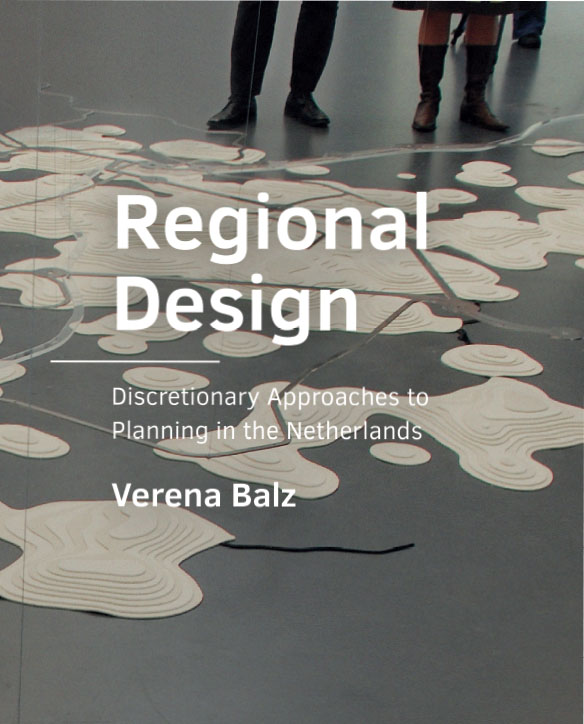Epilogue
DOI:
https://doi.org/10.7480/abe.2019.8.3905Abstract
This dissertation investigated regional-design practices that evolved in the context of Dutch national planning frameworks in the period between the 1980s and the 2010s. Questions concerned whether and how practices influenced these planning frameworks, and the extent to which practices were influenced by shifts that frameworks underwent over time. The main aim of the dissertation was to develop an enhanced understanding of interrelations between regional design and spatial planning, so the performances of regional design in the spatial-planning realm can be better anticipated.
The personal motivation of this dissertation lies in my professional experience as a regional designer. I am trained as an architect and gained experience as an urban designer during my early professional carrier. In 2005, I became Chief Designer at South Wing Studio (Atelier Zuidvleugel), a publicly funded think tank which was asked to explore regionalisation and planning in the Southern part of the Dutch Randstad region by means of design. I was used to feeling doubt while designing buildings, public spaces and neighbourhoods. In the meantime, I learned from design theory that it is natural for a designer to doubt. The built environment is an intricate, complex system; there are always a multitude of alternative paths to use during a search for good solutions. However, doubt was accelerated in regional-design practice, due to its concern about large-scale areas and costly public works, and its position in a multi-actor and highly political setting. Every design step accomplished became intensely debated. Every step generated surprises, unforeseen reactions; encouraging at times, discouraging at others.

